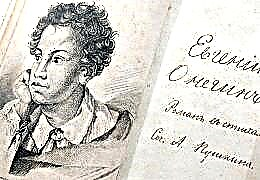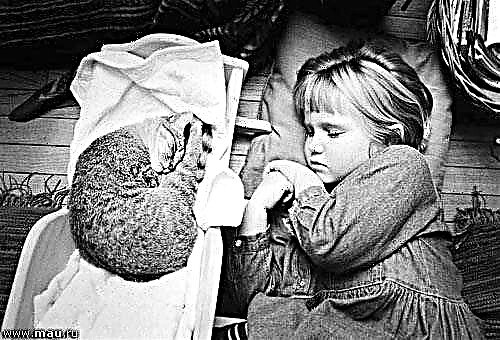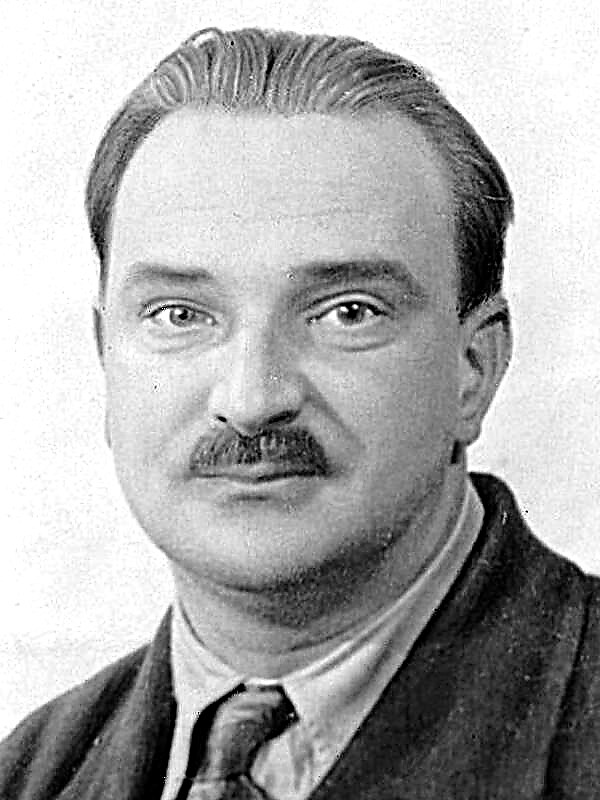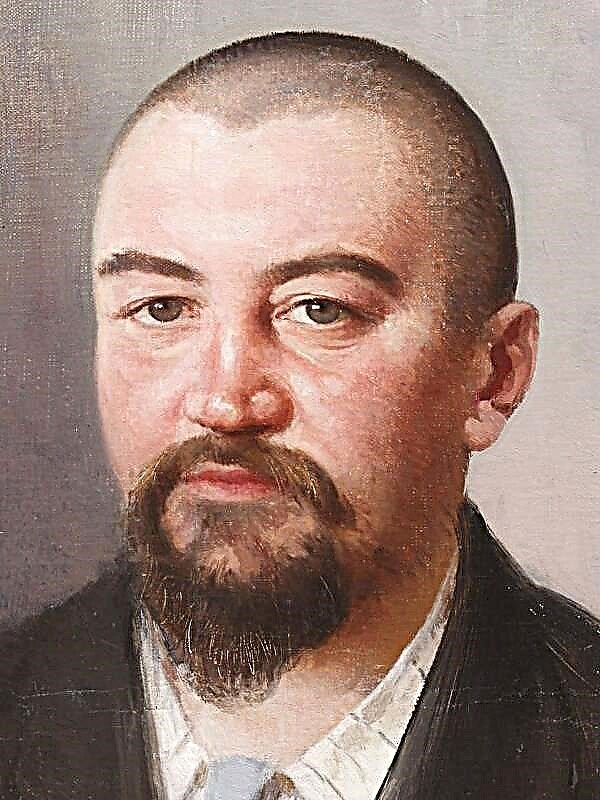Although Terence wrote in Latin for the Roman viewer, his characters bear Greek names and it is assumed that the action often takes place in Hellas. So in this case.
The harsh old man Menedemos pounded his son Klien so much for hobbling a poor neighbor girl that he was forced to flee from his parents' home for military service.
But, despite this, the son loves his father. Over time, Menedemos repents. Longing for his son and tormented with remorse, he decided to exhaust himself with continuous labor in the field. At the same time, Menedemos sells most of his slaves (he almost doesn’t need them now) and much more: he wants to accumulate an amount that is appropriate for the occasion when his son returns.
Neighbor Khremet asks Menedemos about the reasons for his actions and, in particular, about such fierce self-torture with hard work. The reason for his interest in the affairs of his neighbor, Khremet explains to the oppressed Menedemos as follows: “I am a man! / Nothing is foreign to man. " This and many other phrases from the comedies of Terence eventually became winged expressions, surviving in this capacity to this day.
Klinia is in love with the poor and honest Antiphil and, unable to tolerate separation longer, secretly returns. But not home (he is still afraid of his father’s wrath), but to his neighbor friend Clitophone, the son of Khremet.
And Clitophone is passionate about hetero Bacchida (which requires significant costs). Parents, of course, do not know about this passion of an inconsolable son.
Syr, the clever and savvy slave of Hremet (he hopes for a reward), actively intervenes in the comedic intrigue. Both young men and Sire agree that they will bring Bacchida to the house of Hremet, posing as the one with whom Klinia is passionate. This is what happens. In the role of the maidservant of Bacchida, the modest Antiphilus acts. And not only her: Bacchida arrives with a whole retinue of servants and slaves. And Rattles (thinking that this is Klinia's lover) meekly feeds and watered the whole horde. He finally informs Menedemos that his son has secretly returned. The joy of the old father has no limits. For the sake of his returning son, he is now ready for anything: to take into the house not only him, but also the bride, whatever she is! Menedemos has now become meek and compliant.
Meanwhile, Sostratus appears on the scene - the mother of Clitophone, the wife of Hremet. In the course of action, it suddenly turns out that Antifila is the daughter of Hremet. When she was born (not at the time, probably), the annoyed father ordered Sostrata to abandon the child ...
Antifila was brought up by a virtuous old woman, instilling in her all the best qualities that a decent girl should possess. Parents joyfully recognize Antifila as their daughter. Clitophone’s doubts are scattering whether he is the native son of his parents and whether they will continue to love him. After all, the reveler's son tricked his father into considerable expenses by deceit. But heterosexual Bacchid in the end is not so heartless and licentious.
As a result, Khremet agrees to give the newly-found daughter to Klinia and gives her a decent dowry. Immediately, nearby, he finds a worthy bride for his unlucky son. Happy Menedemos and his wife, happy Antifila and Kliniya. And the final words of Hremet are heard: “I agree! Well, goodbye! Clap! "












